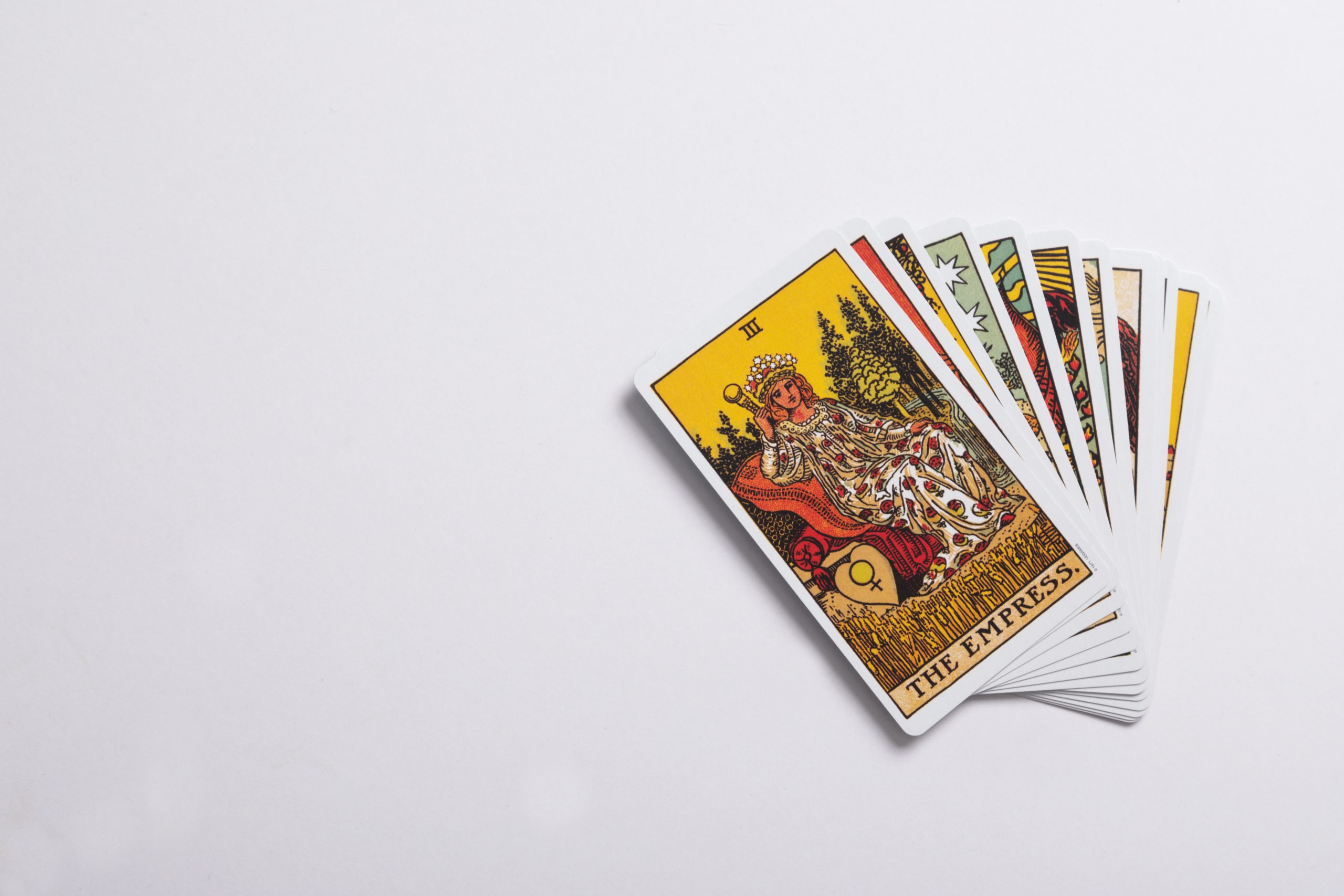What is Chinese Traditional Religion?
China is known for its rich cultural heritage and diverse religious practices. While Buddhism, Taoism, and Confucianism are the prominent religions in China, there is also a deep-rooted traditional belief system that has been followed for centuries. Chinese traditional religion, often referred to as Chinese folk religion, encompasses a wide range of beliefs and practices that are deeply ingrained in Chinese culture.
Origins and Influences
Chinese traditional religion is an amalgamation of various indigenous beliefs, philosophical ideas, and mythologies that have evolved over thousands of years. Its origins can be traced back to ancient shamanistic practices and ancestral worship. As Chinese civilization progressed, it absorbed elements from Taoism, Confucianism, and Buddhism, resulting in the syncretic nature of the religion.
The philosophical ideas of Taoism and Confucianism, along with their emphasis on harmony, respect for ancestors, and moral conduct, have significantly shaped Chinese traditional religion. Buddhism, which originated in India, also played a crucial role in influencing Chinese religious practices when it was introduced to China around the 1st century CE.
Beliefs and Deities
Chinese traditional religion is characterized by a belief in the presence of various deities and spirits that govern different aspects of life. These deities can be categorized into two main groups: celestial deities and earthly deities.
Celestial Deities
The celestial deities are typically associated with the heavens, and they include figures like Shangdi (the Supreme Ruler), Tian (Heaven), and Nüwa (the creator goddess). These deities are believed to be responsible for maintaining order in the universe and overlooking the world.
Earthly Deities
Earthly deities, on the other hand, are associated with specific locations, natural phenomena, or activities. They include gods and goddesses such as Guan Yu (the god of war), Mazu (the goddess of the sea), and Caishen (the god of wealth). These deities are worshipped by individuals seeking their blessings and protection.
In addition to celestial and earthly deities, Chinese traditional religion also emphasizes the veneration of ancestors. Ancestor worship is an integral part of Chinese culture, with families paying homage to their deceased relatives and seeking their guidance and blessings.
Rituals and Practices
Chinese traditional religion is known for its elaborate ritualistic practices. These rituals serve as a means of communicating with the deities and ensuring harmony between the physical and spiritual realms.
One of the most widely known rituals is the burning of incense and paper money. It is believed that the smoke carries the prayers and wishes of the worshippers to the gods and ancestors. Other rituals include the making of offerings, chanting of scriptures, and the use of divination tools like the I Ching or Chinese oracle bone script.
Temples and shrines play a crucial role in Chinese traditional religion. These places of worship are dedicated to specific deities and are often adorned with intricate statues, paintings, and calligraphy. Pilgrimages to sacred sites and participation in festivals are also important aspects of the religious practices.
Influence on Chinese Culture
Chinese traditional religion has had a profound influence on various aspects of Chinese culture, including art, literature, architecture, and social customs. The belief in harmony and balance is reflected in traditional Chinese medicine, feng shui (the art of harmonizing the environment), and the practice of tai chi.
Literature and mythology are replete with stories and characters that draw inspiration from Chinese religious beliefs. Poems, novels, and folktales often feature deities, spirits, and moral teachings influenced by Chinese traditional religion.
Furthermore, celebrations of traditional festivals like Chinese New Year, Qingming Festival, and Mid-Autumn Festival are deeply rooted in religious traditions. These festivals are an integral part of Chinese cultural identity and are celebrated with great gusto across the country.
Inclusivity and Diversity
Chinese traditional religion is not governed by a single authority or set of doctrines. It is an inclusive and dynamic belief system that has adapted and evolved over time. It often coexists with other religious traditions like Buddhism, Taoism, and Confucianism, allowing individuals to navigate their spiritual lives according to their personal preferences and cultural backgrounds.
The syncretic nature of Chinese traditional religion reflects the diversity of Chinese society and its commitment to embracing multiple paths towards spirituality.
Conclusion
Chinese traditional religion is an integral part of Chinese culture, characterized by a belief in the presence of deities and spirits that shape the world and influence human lives. Its origins can be traced back thousands of years and have been influenced by the philosophical ideas of Taoism, Confucianism, and Buddhism. The elaborate rituals, veneration of ancestors, and deep cultural influences make it a unique and vibrant aspect of Chinese society. Chinese traditional religion’s inclusivity and adaptability reflect the diverse nature of Chinese spirituality. As China continues to evolve, the roots of its traditional religion remain firmly embedded in its cultural fabric.
Table of Contents
